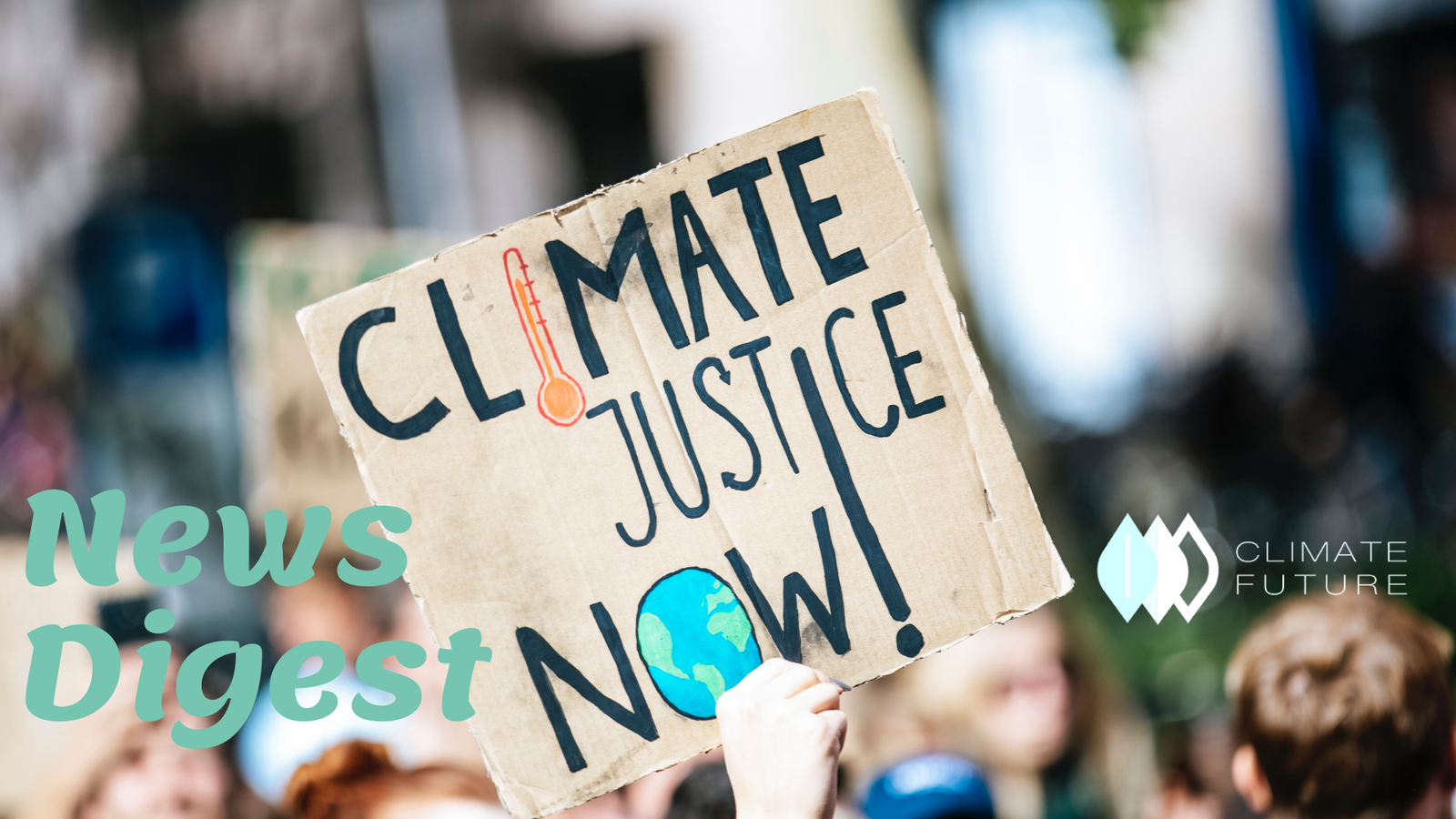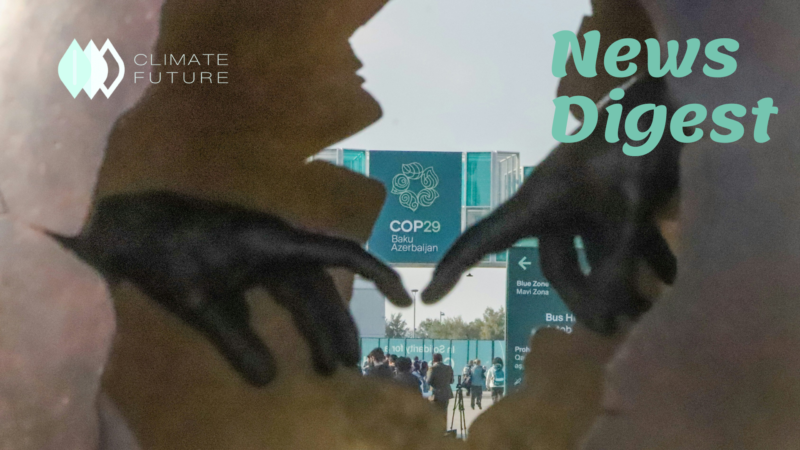IPCC report: ‘now or never’ if world is to stave off climate disaster
Climate scientists warn that greenhouse gas emissions must reach a peak by 2025. They said the world can still expect to experience the worst climate breakdown when governments don’t react now to reduce carbon emission. According to the Intergovernmental Panel on Climate Change (IPCC), greenhouse gas emissions must peak by 2025 and can be almost halved this decade to provide the world a chance to control future heating to 1.5C more than pre-industrial levels. By the mid-century, the final cost will be a few percent of global GDP and will require a huge effort by individuals, businesses and governments. Climate scientists globally warned that the world was failing to make required changes due to the low chances. If policies and actions are not urgently strengthened, temperatures will soar to above 3C. IPCC reports take about seven years to combine by making potentially the last warning before the world is put irrevocably on a way to climate breakdown. According to the report, it is almost inevitable that temperatures would grow about 1.5C and the level beyond it can affect the climate breakdown. Technologies are required to eliminate carbon dioxide from the atmosphere.
Coral reefs’ very survival is at stake, warns UNESCO in bid to boost resilience
According to a message from UNESCO, it is an emergency situation to protect the natural marine wonders. Among them, 29 of which are on the World Heritage list protected by the agency. The oceans are becoming warmer due to the rise in global carbon dioxide emissions. The latest Intergovernmental Panel on Climate Change (IPCC) data confirmed that the countries must reduce carbon emissions significantly to reach the targets under the 2015 Paris Agreement. Most coral reefs face other trouble from pollution to habitat destruction and overfishing. Together with the partners, UNESCO plans to reduce the threats and to encourage the sustainable management of fragile marine reefs by encouraging local communities. The agency’s plan is to work with 19 World Heritage-listed reefs from developing countries with the support of the Global Fund for Coral Reefs. Local pressures can be decreased by encouraging local communities and supporting them to adapt their livelihood and income to the changing climate.
Almost everyone now breathing polluted air, warns WHO
Since fossil fuels are mainly responsible for most of the harmful emissions which are connected with chronic sickness, the World Health Organization (WHO) called for actions to solve the issue. The UN agency urged the governments to take part in significant revisions to its air quality indicators. It includes particulate matter known as PM2.5 which can get into the bloodstream together with nitrogen dioxide (NO2), precursor of particulate matter, common urban pollutant and ozone. According to the WHO, low and middle-income countries still face larger exposure to unhealthy levels of particulate matter when compared to the global average. However, the patterns of nitrogen dioxide are different and show small differences between high, low and middle-income countries. The agency’s data describes that 4.2 million people die from exposure to air pollution outside and those of 3.8 million deaths are linked to household smoke from dirty fuels and stoves. Based on WHO’s mathematical modeling of air pollution data, 80% of the world’s urban areas face an increased risk of stroke, heart disease, cancer, lung disease and pneumonia. The UN health agency insists that the challenges have been rising in the last decade for better air quality everywhere since the situation is getting more dangerous. In order to achieve cleaner air, one of the SDGs and a number of UN agencies have passed resolutions by encouraging Member States to solve the health impacts of smog-filled air.
Earth Day 2022: Earth is calling. We must act now before it’s too late
Earth Day is celebrated on 22 April every year. It is a tradition to show support for environmental protection and raise awareness with actions organized globally with a common message: save the Earth. Nearly 2 million children under the age of five die yearly because of environmental factors like pollution. One in three people cannot get safe drinking water. In this century, the temperature will rise by 2.7°C even though we can meet our climate targets in 2030 by affecting livelihoods and food supplies. The European Union (EU) is fighting against climate change with effective policies closely with international partners and at home through the European Green Deal. This year, the EU is organizing a global campaign to raise awareness by making a virtual heartbeat of our Planet Earth. Since our future depends on our actions, all actions count whether they are big or small. With the collaborative effort, we can restore our planet to keep its heart breathing and make our home alive. It is crucial to make our voices heard together to inspire action and raise awareness.



